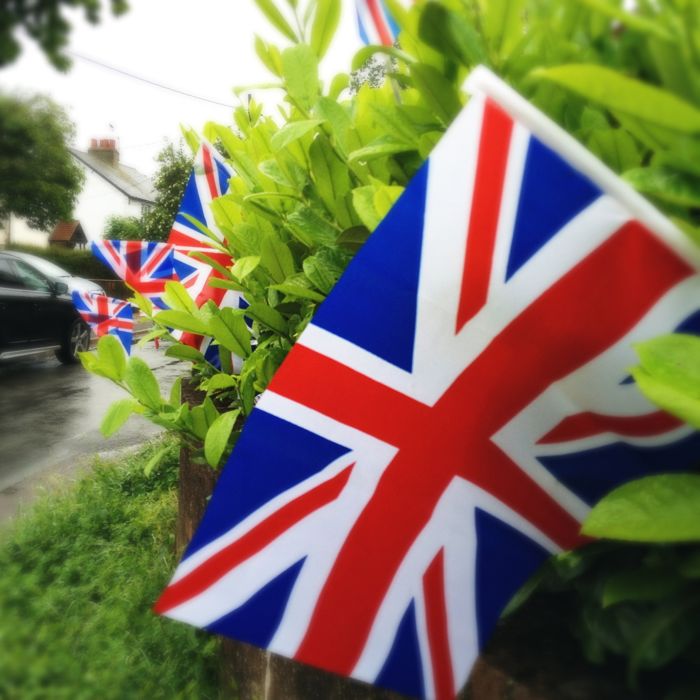February 2011 will now be remembered as the month Little Monkey got chickenpox. Suspicious spots were evident in Tuesday night’s bath and had multiplied by morning. A quick trip to the GP confirmed my diagnosis. This of course made Little Monkey persona non grata at nursery until he’s no longer contagious, an undetermined amount of time. The GP went on to tell me it could take about a month for everything to clear up completely [imagine horrified look on my face].
And as Little Monkey’s spots and irritability have multiplied over the last two days, I found myself asking why are we actually suffering through the chickenpox? There is in fact a widely used and tested vaccine for chickenpox that is already part of the routine set of childhood immunizations in countries such as Japan, Canada, Australia, Germany, and the US. The US has licensed this safe and effective vaccine since 1995. If we had followed the recommended schedule, Little Monkey would have received his first chickenpox jab 5 months ago. And, according to the Immunization Action Coalition, almost 97% of children develop immunity after just one dose.
So why is the chickenpox vaccine not routine in the UK? A brilliant article by BBC News has a more thoroughly researched answer than I could ever hope to give but the net is money and fear. With UK society struggling to recover from recession and the NHS facing large cutbacks, it’s easy to choose not to spend public money on preventing what some perceive is just a minor inconvenience. But as a UK taxpayer who sees my paycheck reduced by about 40% every month to pay for social programs like the NHS, I wonder if this isn’t short-sighted. It’s easy to quantify the costs to pay for the vaccine. What’s harder to quantify is the true cost to society of not providing the vaccine. In my own personal situation, it means lost time from work and lost productivity to my employer. And, in this, I am not alone.
Now I and everyone I know had chickenpox as a kid. But, then I was about 5, it was the 1970s, and there was no vaccine. Is there a lackadaisical view by the NHS that chickenpox is just a necessary unpleasantness? Surely contracting chickenpox shouldn’t be a childhood right of passage when there is an effective way of preventing it? There is plenty of controversy around this point and whether it’s better to get the disease naturally or get the vaccine. An article in the Washington Post describes the well-known practice of “chickenpox parties” where parents intentionally try to expose their children. [Disclosure: No one has accepted my invitation.] But the consensus among experts is that the vaccine is best. And, most schools in the US now require all children entering school to have either had the vaccine or had the pox.
The debate was best summarized for me by the Immunization Action Coalition:
Some parents purposely seek to get their children infected with varicella virus, even promoting “chickenpox parties” for this purpose. The belief is that it’s better to be infected when young, a time when the infection is ordinarily less severe. Some parents also believe that something “natural” (the disease) is better than something “artificial” (the vaccine), or that immunity derived from the disease will be more permanent than that from the vaccine.
However, when a safe vaccine is available, parents need to weigh the supposed benefits of infection against its potential risks, including severe disease with complications such as infection with flesh-eating bacteria. No one can predict which child will develop a life-threatening case of chickenpox; in fact, most serious cases occur in previously healthy children. In addition, in a recent study, 7 out of 10 children said given the choice, they’d rather have the shot than have the natural disease.
In America, I’d be accustomed to paying a nominal fee for immunizations. And paying about 15% less tax. It’s the fundamental trade-off for having (or not having) publicly funded health care. But I think the NHS is trying to have their cake and eat it too. By not making the vaccine routine, they avoid paying for it directly. But the NHS is happy for me get the vaccine privately if I’m happy to shell out about £120. Evidence they do believe it’s safe and effective. And, they’re happy for employers (public and private) to fund extended time off for parents.




